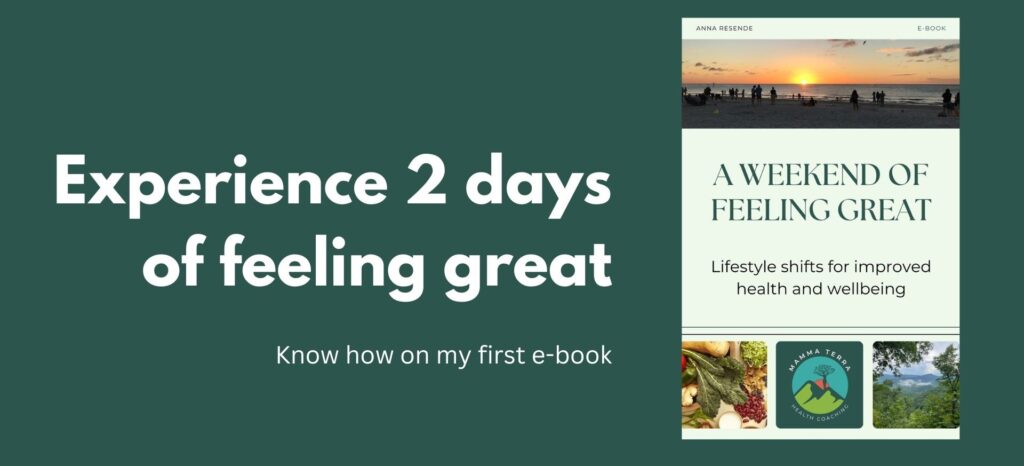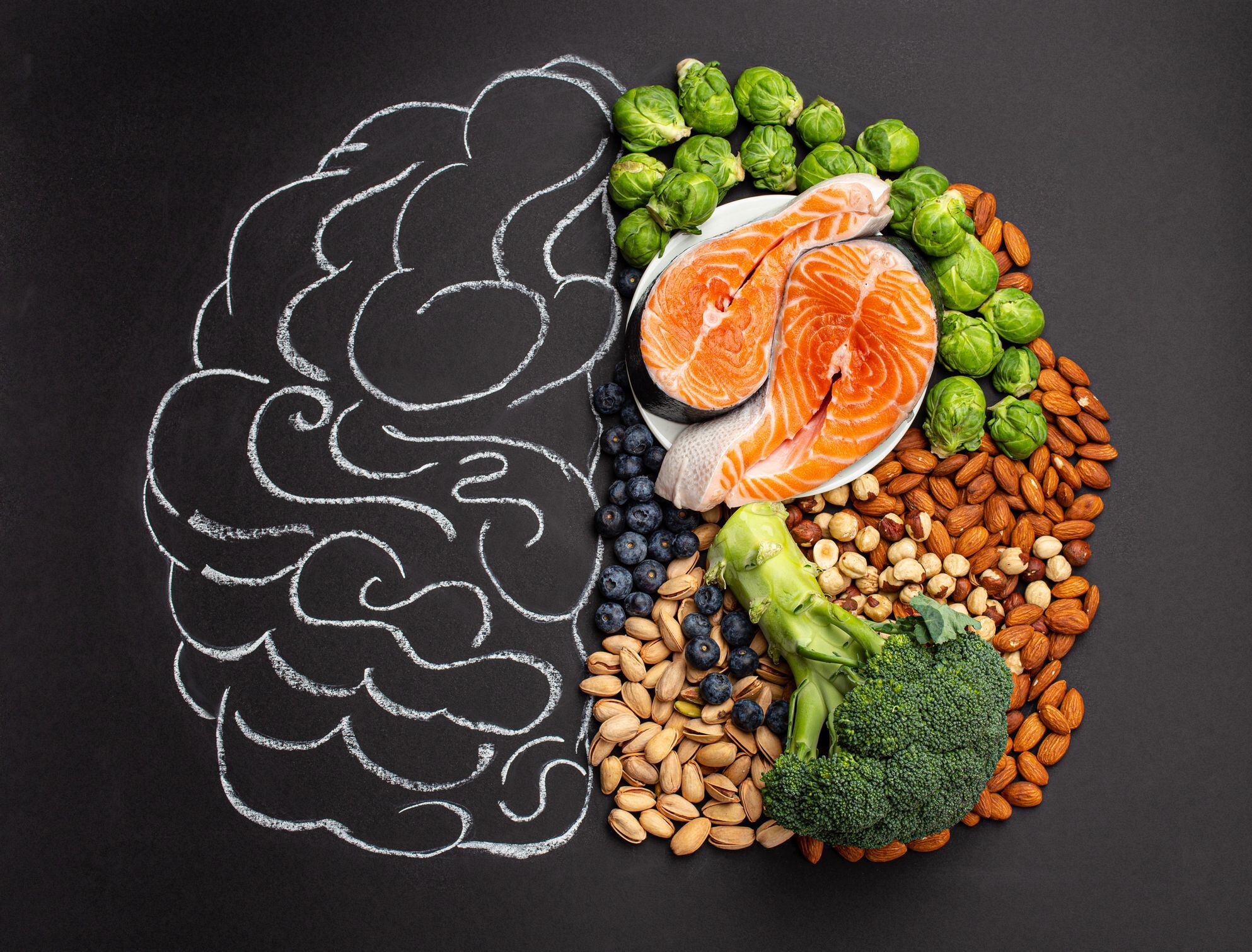A Vital Practice for Mental Health
In today’s hyper-connected world, young adults are more digitally immersed than any generation before. With smartphones, social media, and constant online presence, it’s easy to feel overwhelmed by the digital noise. As a health coach invested in youth’s well-being, I feel called to write about the importance of digital fasting—a deliberate break from digital devices—for mental health. Let me share why disconnecting from the web is the first step to finding a balanced and happy life.
A 80s’ Teen
I was born in the early 70s. When I was a teenager, we had just one TV to share between the 8 of us. My dad had remarried, and my two sisters and I moved in with my stepmom and her three boys. At that time TV shows had a specific day and time to air; if we wanted to watch something we had to add that to the family schedule. I remember waking up at a certain time in the morning during school breaks to watch my favorite cartoon. Looking now in retrospect, I kind of like the way it was – we spent a lot of time together.
Smart Devices
I’m far from saying that I don’t appreciate the fact that nowadays we can do pretty much everything on our smartphones. This technology is amazing and has its place and value. The problem I see is that most youth are addicted to their devices. And it is concerning. Whoever was part of the creation of smartphones, undeniably was a brilliant person. However, I don’t think they thought that having a portable entertainment device could potentially make the user addicted or even a technology slave. We have to remember – we are smarter!
Digital Games
It was 1987 when we, as a family, got a video game, probably the grand grandfather of PlayStation. We used to spend hours playing it. There was only one console with two joysticks so, whoever was winning kept playing and the next one in line would join, taking turns. I still remember the high of getting to the next level on River Raid and the adrenaline of swinging from vine to vine in Jungle Hunt. The technology was new and cool, and all of us kids were hooked. Even my stepmom used to get home and play Turtles for hours – and she was 36 at the time! I know how addictive games can be.
Digital Overload
The difference between now and then is that in the mid-80s that was the only high-tech thing there was. The phone was a heavy, wired, landline device. We played video games until a certain time and then went to a bedroom with no electronics. Today each one of us has unlimited access to everything possible, in the palm of our hands, 24/7. Young adults must juggle academics, sports, social lives, and career aspirations, all while staying perpetually connected to the online world. Snapchat, TikTok, Instagram, e-mail, Google Classroom, Power School, TeamSnap. It’s a never-ending list of apps and websites. Everything in their lives is tech, even school, a total digital overload.
Consequences
This constant connectivity is contributing to the rise of depression, anxiety, and stress. According to Dr. Daniel Amen, brain overstimulation is causing a near-constant and overwhelming release of dopamine, which exhausts the brain’s pleasure centers. Beyond the exhaustion of TikTok videos and social media updates, the excess technology is consuming leisure time and our ability to think for ourselves. Being plugged all the time also makes it difficult to relax and do what used to be a simple task like sleep. Technology is also replacing time spent outside which is also detrimental to good health.
Adults
The bad consequences of being constantly connected are affecting adults alike. I’ve seen people deleting their social media accounts after becoming aware of how much time they were spending scrolling. We all have seen videos of parents neglecting their babies and toddlers because of their phones. It’s a societal, almost public health issue. It’s so easy to get distracted that sometimes I catch myself on social media after picking up my phone to check something else. If it’s hard for me to disconnect I bet it’s even harder for somebody who has grown up with those devices.
Awareness
That’s why we must discuss the issue and bring awareness to the deadly consequences we have seen lately. Humans are social beings. Our physical and spiritual structure is meant to connect with the natural, living world. When we disconnect from our nature our bodies and minds’ health decay. It’s not in our biology to live inside and in isolation. We must connect with ourselves, family, friends, community, and nature, instead of being constantly connected to a “smart” but heartless device.
Benefits of Digital Fasting
I know it might be challenging and even daunting for some, but we all should agree it’s a pressing subject. All it takes is mindfulness and a good dose of discipline to experience some of the benefits of digital time off.
Reduced Stress and Anxiety – Taking a break from digital devices allows the mind to decompress. Without the constant influx of information and the pressure to respond immediately, stress levels decrease, and anxiety can be significantly reduced. This break provides a much-needed mental reset, fostering a peaceful state of mind.
Improved Focus and Productivity – Without the distractions of notifications and social media, youth and adults alike can enter the flow state in their studies, work, or hobbies. It’s in the flow state that we can achieve high performance.
Enhanced Sleep Quality – The blue light emitted by screens interferes with the body’s natural sleep-wake cycle. By engaging in digital fasting, particularly before bedtime, we all can improve sleep quality. Better sleep contributes to improved mood, cognitive function, and overall mental health.
Strengthened Relationships – Spending less time on devices and more time engaging in face-to-face interactions can strengthen relationships. Digital fasting will give you time to engage in meaningful conversations with friends and family, fostering deeper bonds and a sense of belonging.
Increased Self-Awareness – Digital fasting creates space for introspection and self-awareness. It allows young adults to tune into their thoughts and feelings without the distraction of a screen. Self-knowledge is particularly important in those early adult years when the character is developing. Emotional regulation, an essential component of mental health, can only be achieved through sitting with yourself.
Easy Tips for Digital Fasting
Set Clear Boundaries – Establish specific times for digital fasting. Start with small intervals, like an hour after waking up, another hour before bed, and during meals. Take one step at a time, you can always increase the intervals as you go.
Create Analogic Zones – Designate certain areas, such as the bedroom or dining area, as tech-free zones. This helps reinforce the habit and creates spaces for relaxation and connection.
Engage in Offline Activities – Replace screen time with activities that promote mental well-being, such as reading, exercising, meditating, or spending time in nature. We need to re-discover that we don’t need digital devices for entertainment.
Inform Your Circle – Let friends and family know about your digital fasting practice. This sets expectations for your availability and encourages them to support your efforts. Setting the example may also create a ripple effect.
Reflect on the Experience – Keep a journal to document your thoughts and feelings during digital fasting. Reflecting on the experience can help you understand its impact on your mental health and reinforce the benefits.
Final Words
We all should embrace mindfulness in everything we do, and Digital fasting is nothing but a way of using technology mindfully. The benefits of reduced stress, improved focus, better sleep, strengthened relationships, and increased self-awareness are invaluable, especially for young adults. By intentionally reducing our exposure to the digital world, we can free up time to connect with what is really important and therefore cultivate a healthier, more balanced life. It’s in your hands!
And remember, Good is what makes you feel well!
Anna.

Anna Resende
Integrative Nutrition Health Coach
Certified by IIN - Institute for Integrative Nutrition
Every week I send out my newsletter called Mamma’s Tips where I share health and wellness topics, good books, recipes, and more.
Click below to subscribe!
I’m excited to share that I just published my first e-book
A Weekend of Feeling Great!

In this book, you’ll find all the steps you can take to feel great. Besides all the foundational principles of multidimensional health, it has a sample of a productive daily routine and a two-day menu with 10 healthy recipes for you to try.




